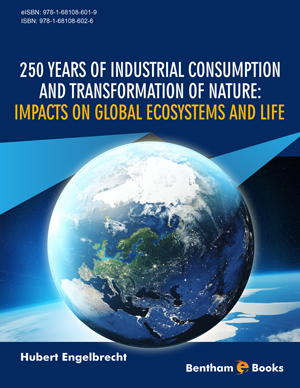Abstract
Intellectual movements, which originated during the Age of Enlightenment (rationalism, scientific recognition, inductive method) created important preconditions for the industrial1 era. Calvinism, scientific progress, discoveries, and inventions led to the industrial revolution. It replaced human and animal work with machines and transformed agrarian societies into remote supplied societies. Fossil energy carriers became the core of industrial development. Improvements in food and medicine supply, as well as social reforms, set the beginning of demographic transformations. Economic developments, organisation, division of labour, innovations (e.g. electric current), and specialisations were accompanied by severe political and societal crises (e.g. rural exodus, machine runners, pauperism, and industrial slavery). Despite rising disparities caused by agglomeration, cartelism, and accumulation of assets and wealth, a slow improvement in the degree of education, qualification, literacy, average standard of living, and life expectancy was realised. Escalating world population growth since ca. 1960 implied increasing amounts of supply (mineral commodities, food, etc.). Accelerated techno-scientific progress, partially fostered after 1945 by space and arms races created fast developments in nuclear technology, electronics, digitalisation, automation, internet, genomics, bio- and nanotechnology, and resulted in globalised optimum physical and virtual mobility.
Keywords: Cultural development, Dependencies, Digitalisation, Fossil carbon, Globalisation, Growth, Industrial society, Innovations, Inventions, Matter flux, Mobility, Rationalism, Risk society, Science, Societal transformations, Technology, The Great Acceleration, World economy, World population.












